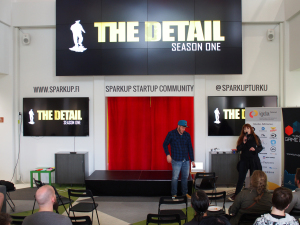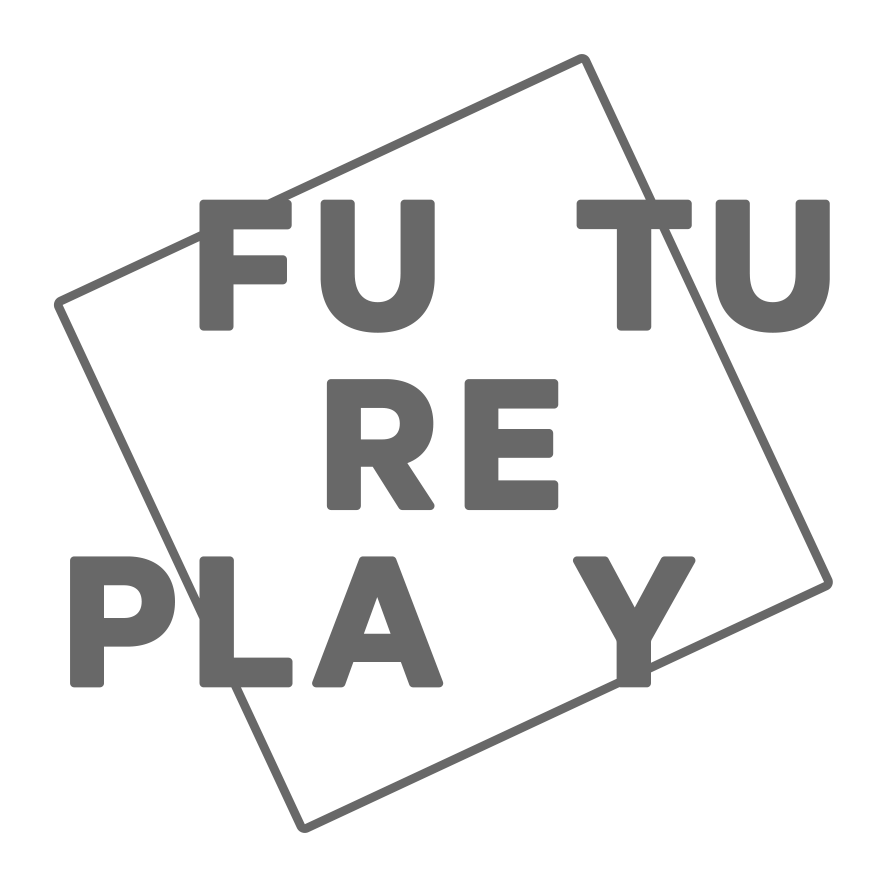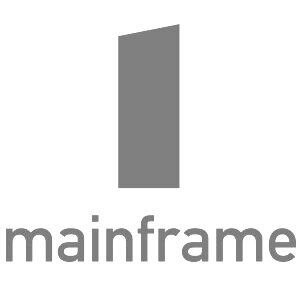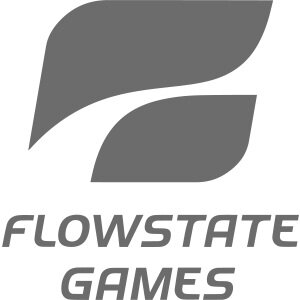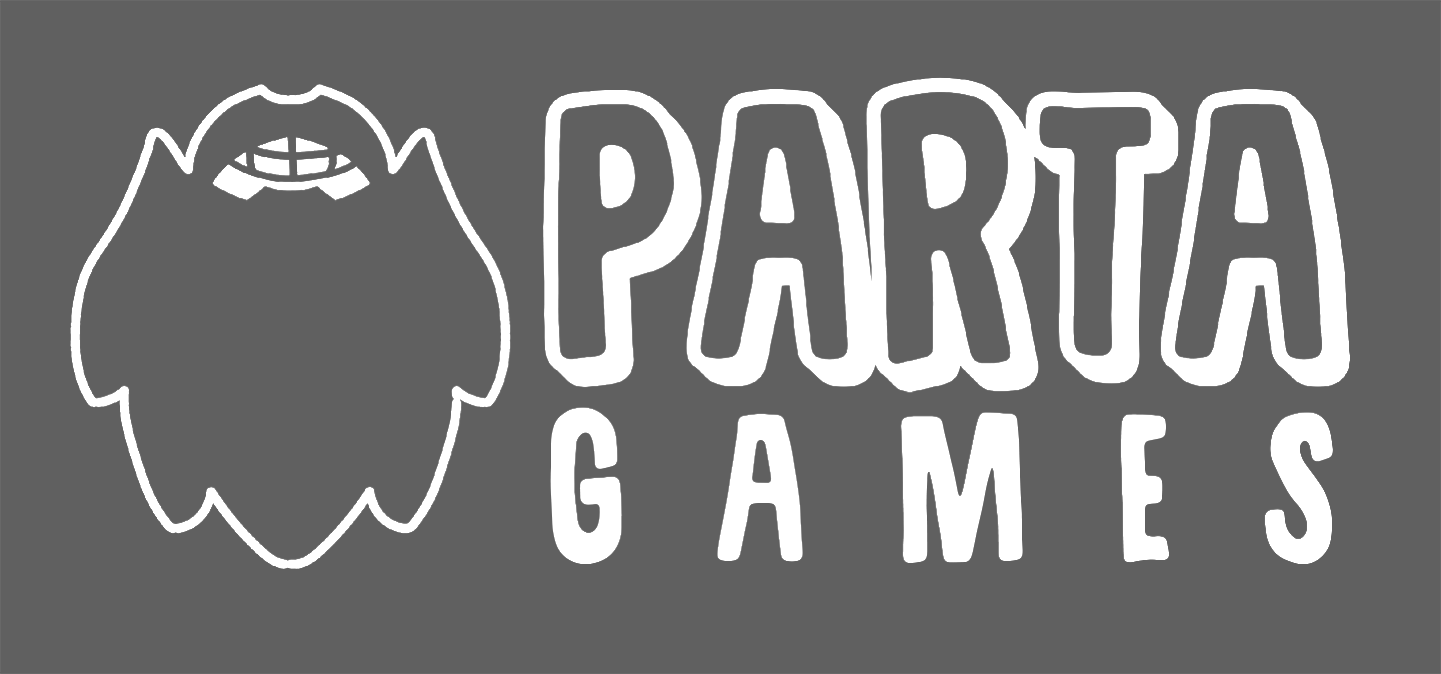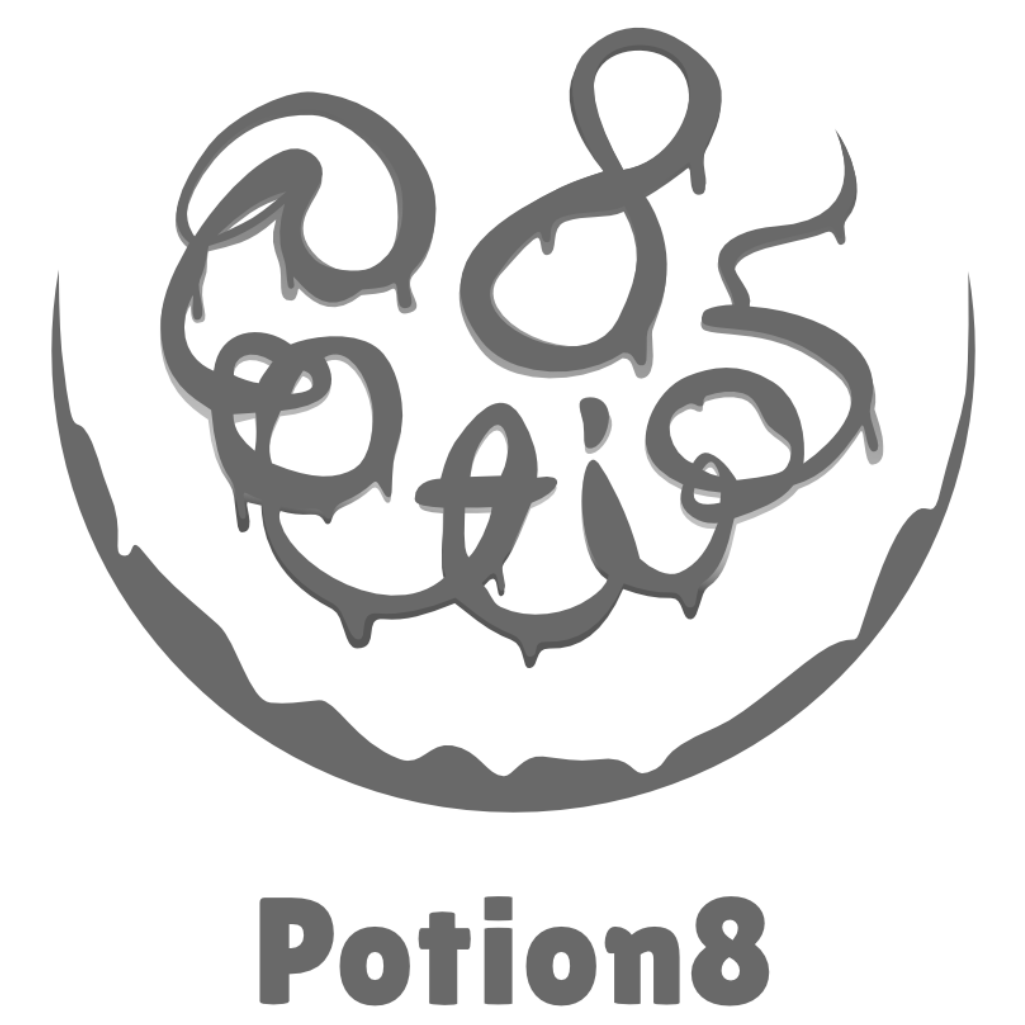IGDA Finland Turku Hub Gathering in May
/May 12 was Turku Game day, and IGDA Turku Hub organized a full specced evening program at Sparkup, with talks by several prominent game industry people. Read more about how to make money when everything is free, what Rival Games learned from their game series The Detail, how NordicEdu designs the future of serious games and what Appstar are up to. Read all the way to the end, and get some good advice from IGDA volunteer of the year.
Lovell’s Curve
Nicholas Lovell, an investment banker, author and consultant, held a thought-provoking talk about his theory on ”how to make money when everything is going free”. Lovell claimed that F2P is not actually a business model it is a marketing tool. By offering the product for free first, you reach an audience, but after that you have to “earn your right” to talk to the customer again.
The Curve refers to the amount that a person, a customer, is willing to pay. The idea was inconceivable before the Internet. The web has enabled one-to-one communication, but also increased the amount of products that are given away for free. How do we keep paying our bills when the competition gives away their stuff for free?
We can let people choose how much they spend – this is a marketing opportunity. Some of the audience will pay even if most will not. Lovell’s Curve can be broken down into three steps: 1. Find an audience 2. Earn the right to talk to them again 3. Enable superfans.
His advice is that we as game developers and creators need to keep our customers in “our ecosystem”. You offer the customers the chance to pay what they want (and including some ridiculously over-priced items, tiers or pledges, makes the cheaper ones look like a bargain). Also enabling people to participate in the journey of the game has turned out to be a successful strategy. Lovell mentioned Tim Schafer’s Kickstarter as an example. One-third of the pledgers did not even play the finished game – they backed the project for the creator’s journey.
So, how can you enable the people who love what you do? Let superfans spend money on something they value, let them “level up” as supporters. Lovell also pointed out that people in the digital era spend money on content that gives them status and emotions. The point is not to extract money from people. This is something that stops working after a time, according to Lovell. Delivering human joy is what works.
A Detailed Post-Mortem
Rival Games and Jukka Laakso held a presentation about their third and last episode of The Detail. For those of the readers who do not yet know about Rival Games, they are currently the biggest Turku game company, with 17 employees. They focus on interactive narratives and storytelling. The core game loop focuses on choices, particularly on the gray areas of our moral compass. These choices make the player emotionally attached to the characters in the game. Interestingly it is the smaller choices that really bring the characters alive. The Detail is a game series that is about how people experience stories differently.
The third episode of The Detail – Devil in the Details was recently released on Steam. Laakso gave the audience a post-mortem highlighting first the good, then the bad.
The writers did a good job, the visual style was unique and appealing, audio was successful, coders made things seem as they should. Communication within the team has improved.
The list of bad things was slightly longer, or more detailed. The team expected more money from revenue, and Laakso gave us the advice to plan the budget so that it lasts for the whole game. Because of the lack of money, deadlines and delivery failed. There was too much time between episodes, and sales were bad because of it. The team had to cut the last two episodes, and a lot of the plot was cut short. The core team changed a lot. Design was neglected, and so was gameplay. There was no iteration just execution. The art style was inconsistent because of the change of artists. There were bugs and there was not enough time left for testing. Many of the problems had their origin at management level. But all you can do is learn from it and move on.
Currently Rival Games has a partnership with a comics print, and the budget problems are solved.
Serious forest games
The following presentation was by NordicEdu CEO Tomi Kokkonen. NordicEdu has been making games for five years, and already have an excellent track record of serious games. They currently employ seven people and reside in the Manilla building in Turku.
NordicEdu’s goal is to become the best serious game company in Finland, and globally. They offer expertise to different organizations. They have three types of customers: other companies that want to implement a game idea; unions, federations or public organizations that need partners to develop a game; organizations that commission advertisement games.
People learn best when they are motivated. There are different approaches to serious games, and some projects are more about gamification or gameful design. Kokkonen lists types of serious games: teaching games, simulations, meaningful games and purposeful games. NordicEdu’s current project MobiMetsä is for UPM and the Scouts. It is a game about teaching the sustainable use of the Finnish forest. The players need to, for example, take photos of real trees in the game.
Kokkonen also gave us an introduction on how NordicEdu does their projects. They start with a workshop day and they create a user experience journey. Focus group opinions are crucial in developing good serious games. Making graphics and coding is almost trivial compared to the much more demanding process of getting to know the core audience.
NordicEdu also showed us an interesting way to garner comments from testers: short video blogs by the testers that are sent through Whatsapp. It is hard to get people to write, and when they talk freely they give away much more information.
Tapping into a fashionable audience
Appstar’s current game is focusing on the dress up genre with a more casual (but fashionable) twist. Olesja Parkkali introduced the small start-up that is about to grow. They have gained success with their beta version of World of Fashion and are developing the game further.
According to studies, women and girls spend more money and time on mobile games than men. Still this customer group is underserved. Appstar has been able to engage female players ages 13-20. The game itself is about collecting celebrities and doing global challenges. The players comment and like styles.
The Turku Game Day evening ended with a short presentation by an IGDA volunteer from Helsinki: Jenni. Her most valuable hints were to 1) volunteer 2) get a spot at the door to the gatherings, that way you meet everyone.
Our demo corner got many people interested in testing the new games.
IGDA is all about networking and an inclusive community, and making work as a game developer fun.
Text: Jenny Wiik
Photos: Oskari Tamminen and Toni Heinonen



